Can you save lives with Logistics?
11/03/2019
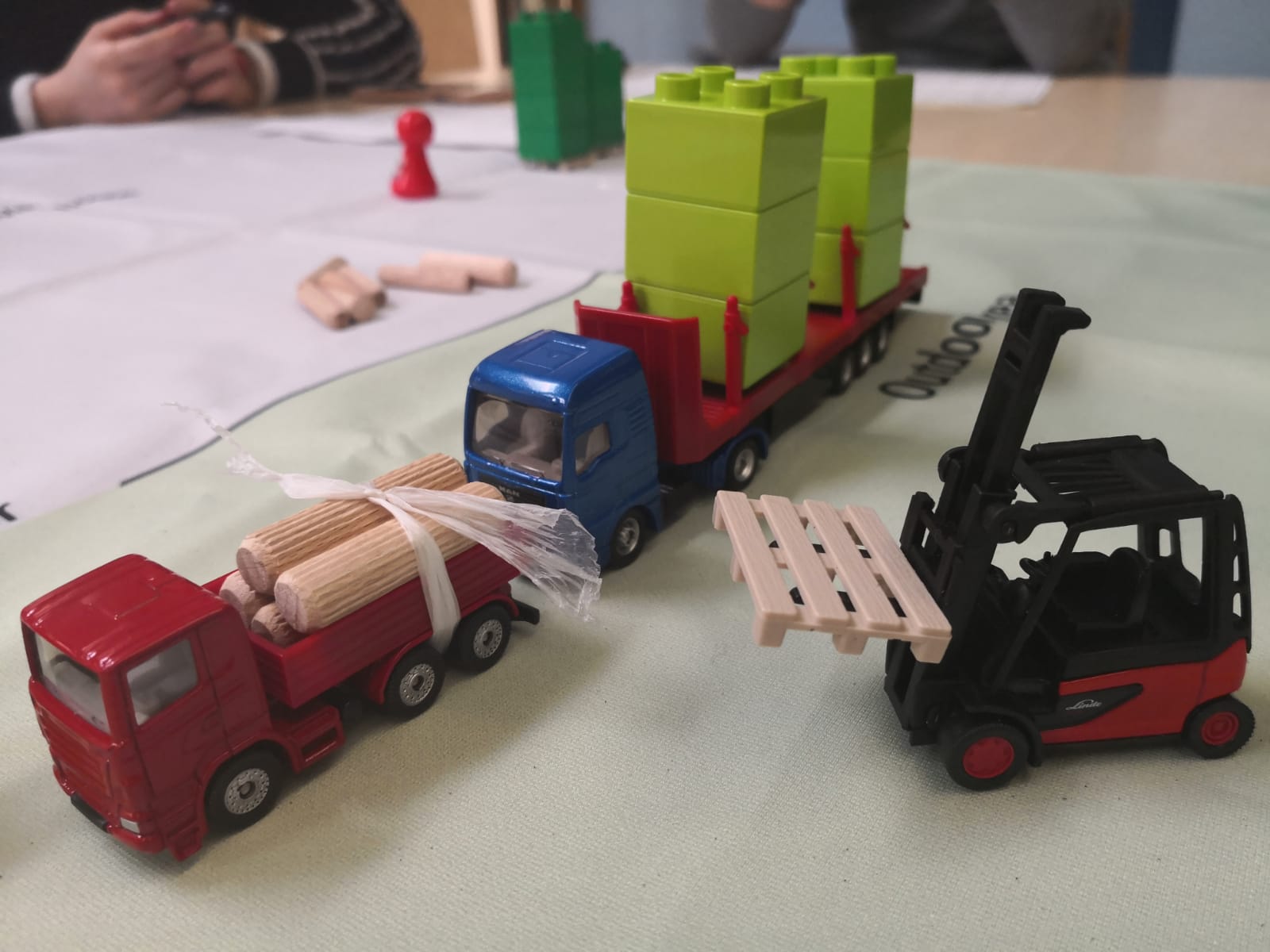
Written by Pernille Darville and Rusudan Gongladze
MSc Students in Procurement and Supply Chain Management
February, 2019
We have no regrets choosing Humanitarian Logistics as one of our electives. Definitely one of the greatest learning experiences we have had at Cranfield University so far! Truly wish this elective could be a core module. In every module you cover throughout the first and second terms, you learn how to improve the efficiency and effectiveness of operations, reduce costs, and boost the profitability of the business. You read that company X achieved Y million in cost reduction by using a certain application. It is all about the commercial supply chain. Well, if you want to experience something new, then, the elective Humanitarian Logistics is a perfect choice!
To be completely honest, this module exceeded all our expectations. It is a great combination of theory, case studies, and discussions in class, concluded with a disaster response simulation. One of the most exciting parts was hearing from four guest speakers with various backgrounds in the field. They all contributed with amazing stories about their time in humanitarian logistics. Their passion and commitment to this field is incredibly inspiring!
So, what exactly is Humanitarian Supply Chain? It is a whole new way of thinking about logistics. Fast decision making under extreme time pressure, where every hour could save lives.
We see the news about natural or man-made disasters occurring throughout the world, and soon after we hear that humanitarian aid was delivered to the beneficiaries. But little do we know what efforts are involved in the background. People who work in this field are willing to sacrifice so much of their own time to help other people in need by providing food, water and medication as needed. This is not an easy task considering the circumstances and that’s why our expertise in logistics and supply chain management becomes a highly valuable capability.
As mentioned above, the amazing guest speakers – David Quinn (Crown Agents), Chris Weeks (DHL), Dr Silvia Rossi Tafuri (World Food Programme) was one of the highlights of the module. For instance, you learn about the disaster response step by step and then you have practitioners in this field sharing their experience when dealing with Hurricane Katrina, Peru Earthquake, Haiti earthquake and many other natural or man-made disasters. So, you get an idea how each part of theory was applied in practice.
Now the final part – a simulation organised by Chris Weeks (Director of Humanitarian Affairs, DHL) to illustrate the time pressure, confusion, chaos and frustration these logisticians are working under. We were divided into groups of six people. The Group Leaders were given materials – like money, gloves, little warehouses, roles of the team members (Warehouse Manager, Transport Coordinators, etc.), colour coded items (green cubes for food, white for water and so on) and that’s it, we did not even know what kind of disaster we were dealing with, not to mention other essential details. We were just given few minutes to brief our groups.
Chris blew the whistle and the game started! The only information we were given was that we were dealing with an earthquake. But the rest was all chaos: you had to find the beneficiaries, source the equipment, get the humanitarian aid to your warehouse, get through the customs clearance, etc. The entire setup was very real, with all the tension and barriers in place – getting stuck at customs, shortage of equipment due to suddenly increased demand and so on. You also had to do the correct needs assessment so that you would not end up with piles of unnecessary items in your warehouse. This simulation was a great illustration of how complex, chaotic this field is and what a great difference you can make as a supply chain specialist.
It is worth noting that we assumed (but were not told) that we could not collaborate with other teams and it was all about the competition like mostly is the case in the traditional supply chains. If we had joined our efforts with other teams, we could have reached the beneficiaries much faster. As a result, we realised how important teamwork, flexibility, and collaboration are in such scenarios.
This module was a great eye-opener! It is an opportunity for us to actually go out and make a real difference in the world, using our skills and expertise in logistics, procurement and supply chain management. So, to future PSCM/LSCM students: when you are asked to choose the four electives for the 2nd term, make sure Humanitarian Logistics led by Dr Hendrik Reefke together with Ilse Larkin-Sennema (from People in Need), is one of them. It is totally worth it!
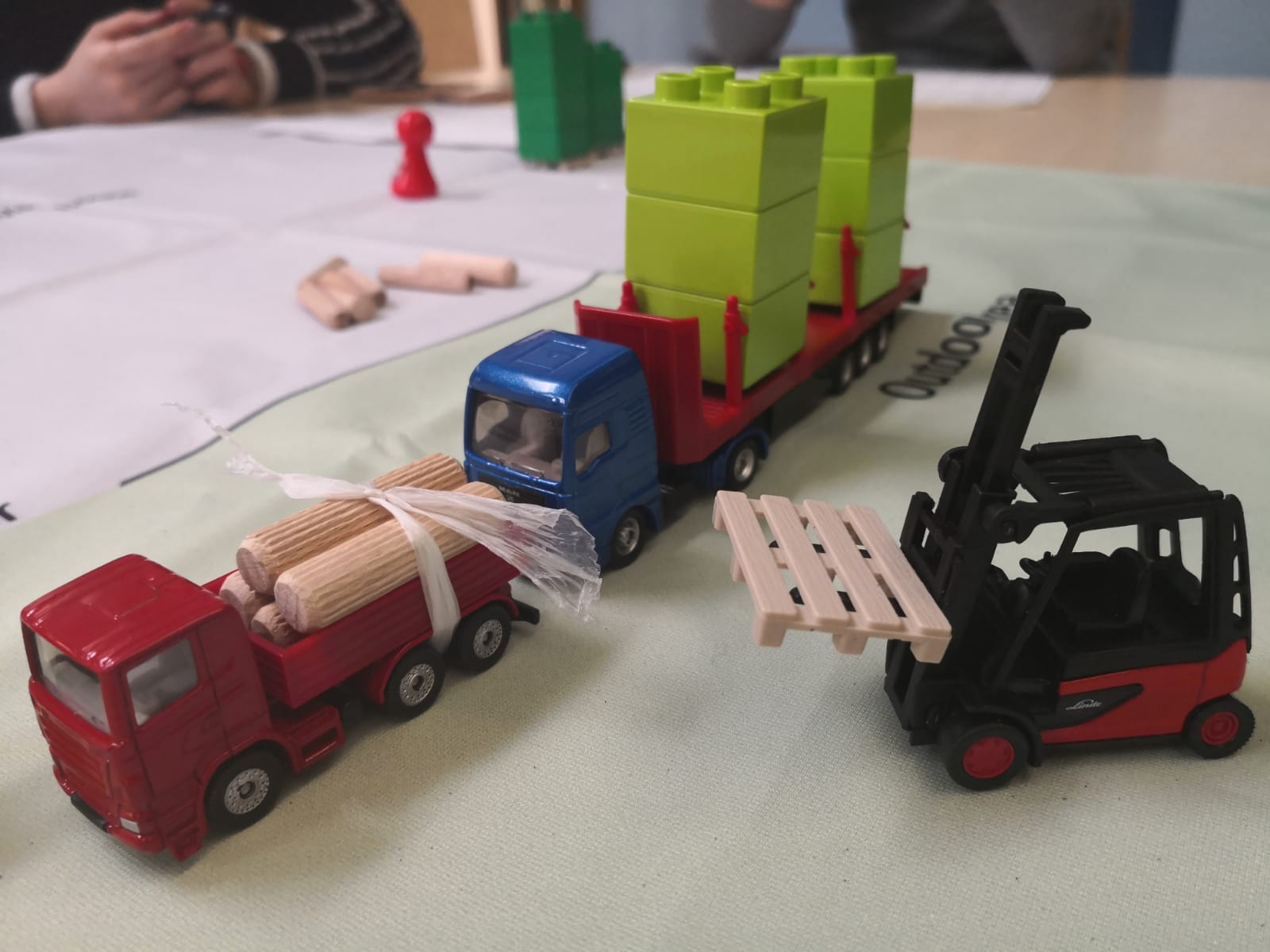
Humanitarian aid is on its way!
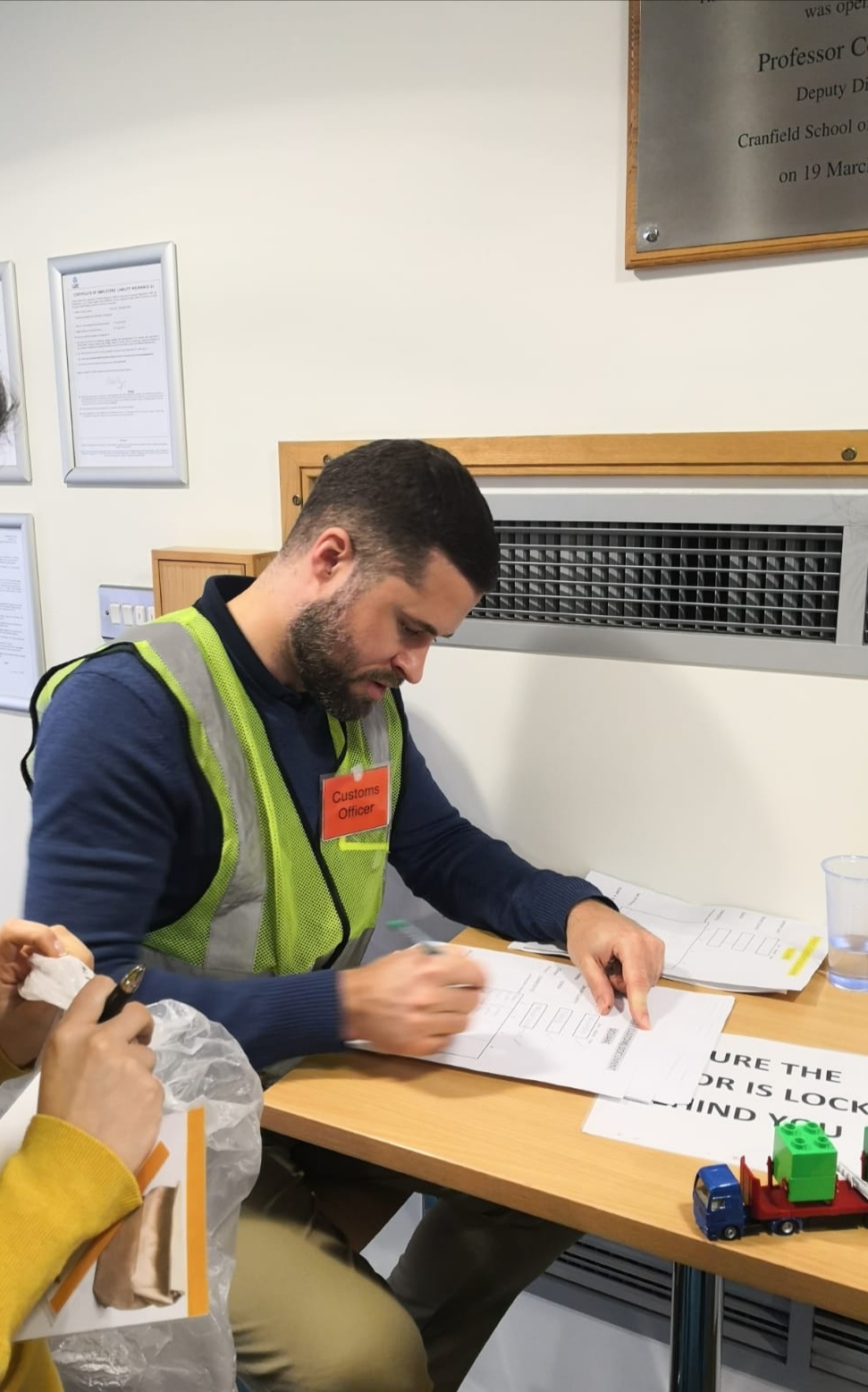
Problems with customs! Bureaucracy is a big challenge!
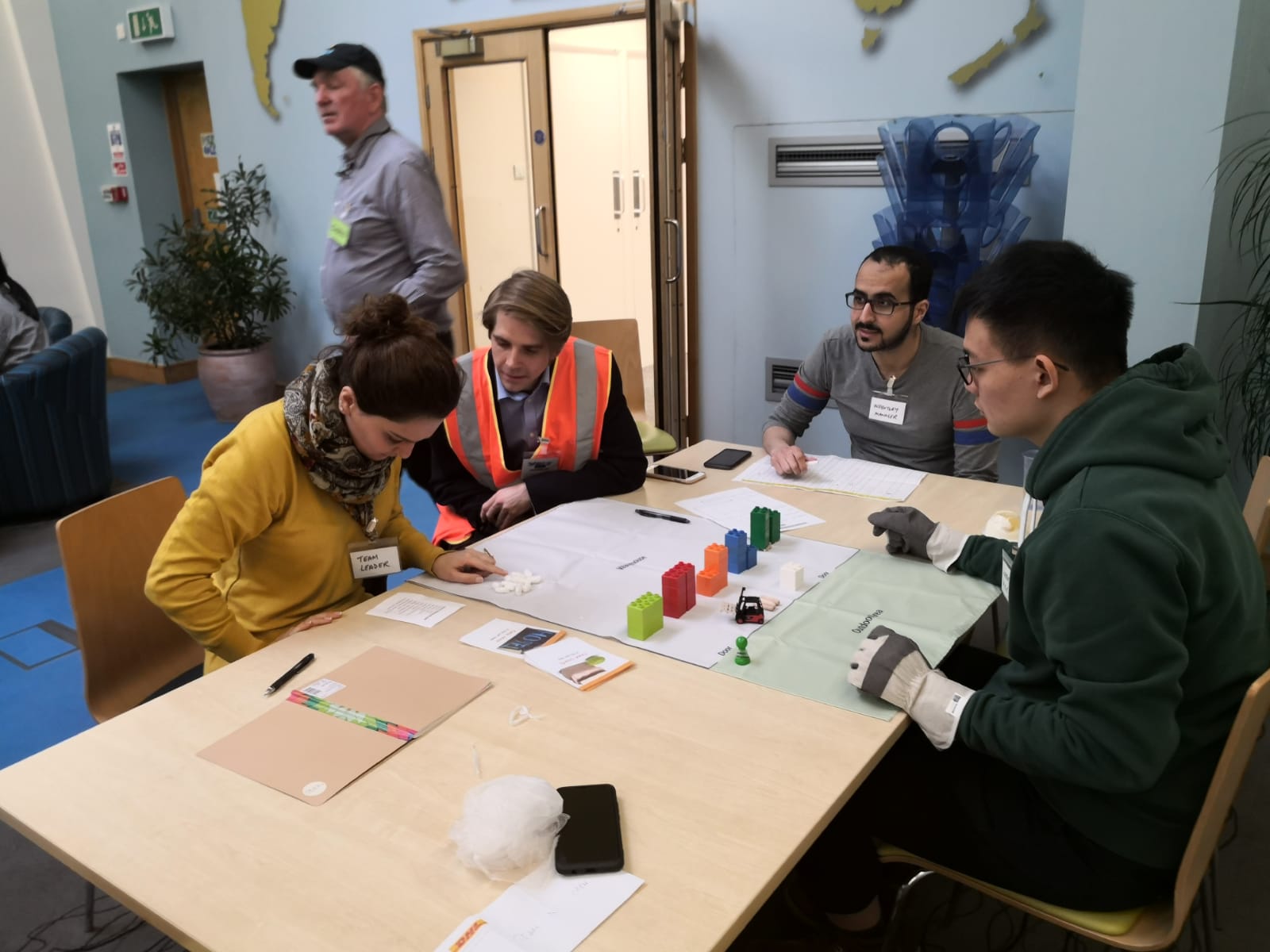
Do we have all necessary items in stock?
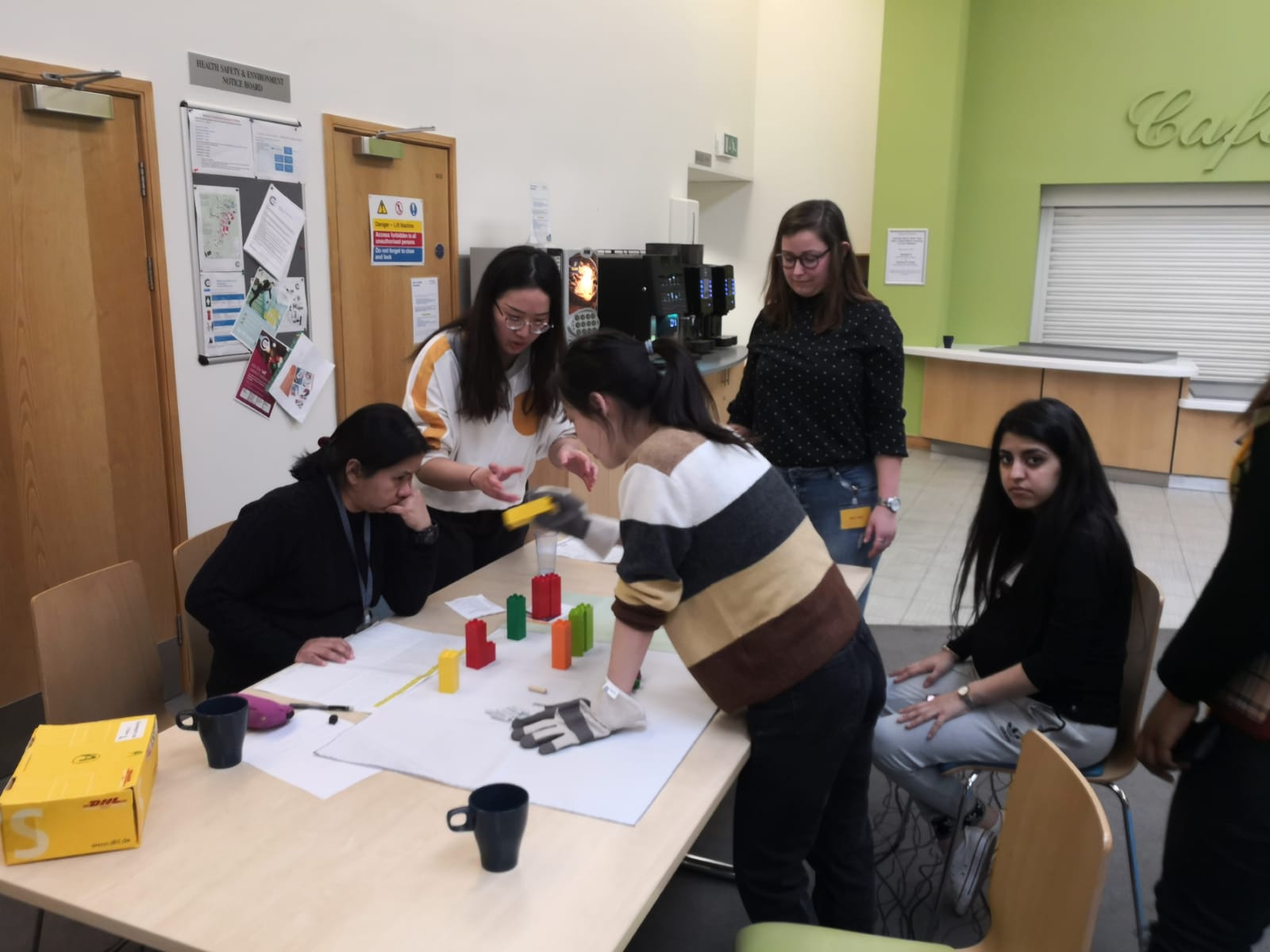
Okay, what do we ship next?
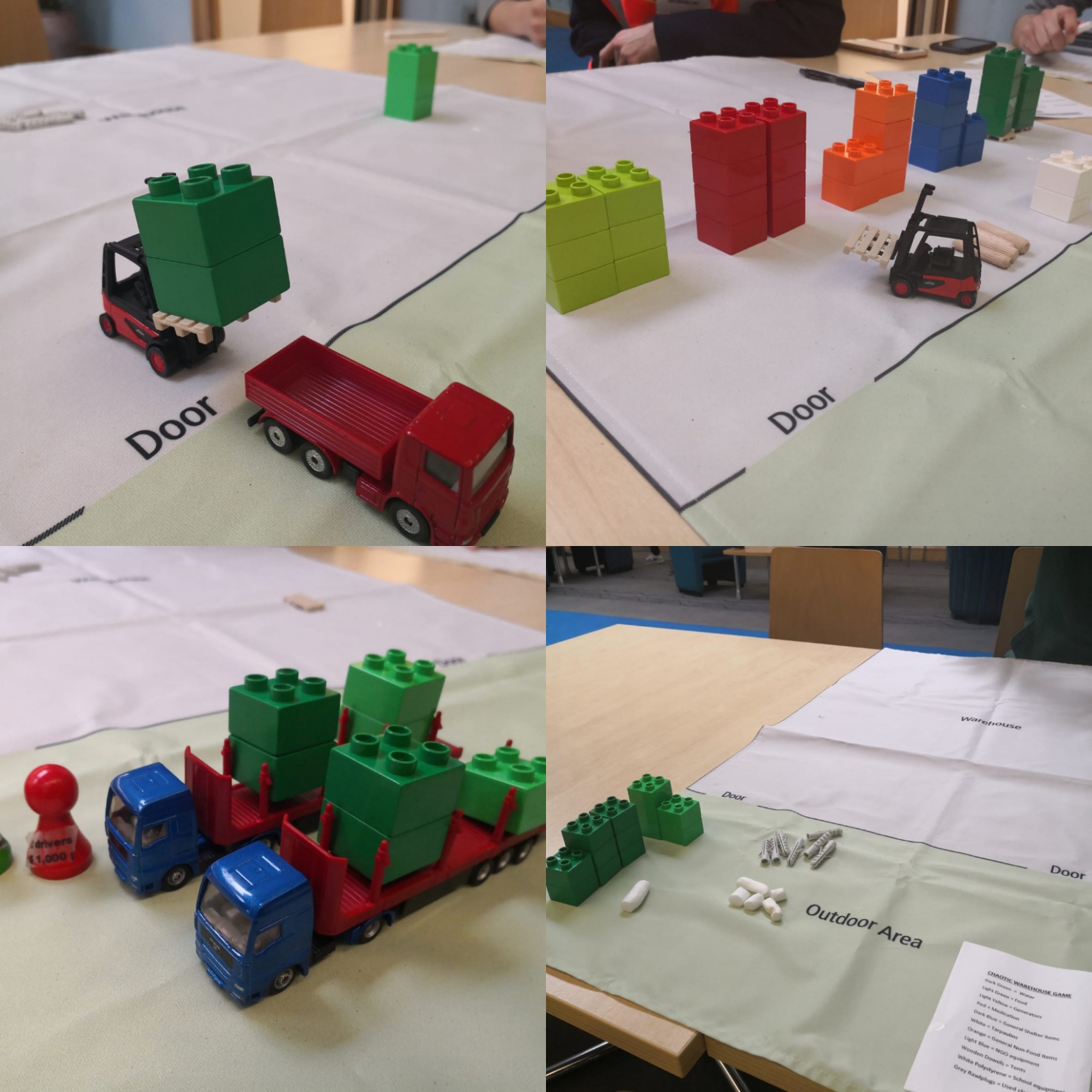
Organizing your warehouse is not an easy task!
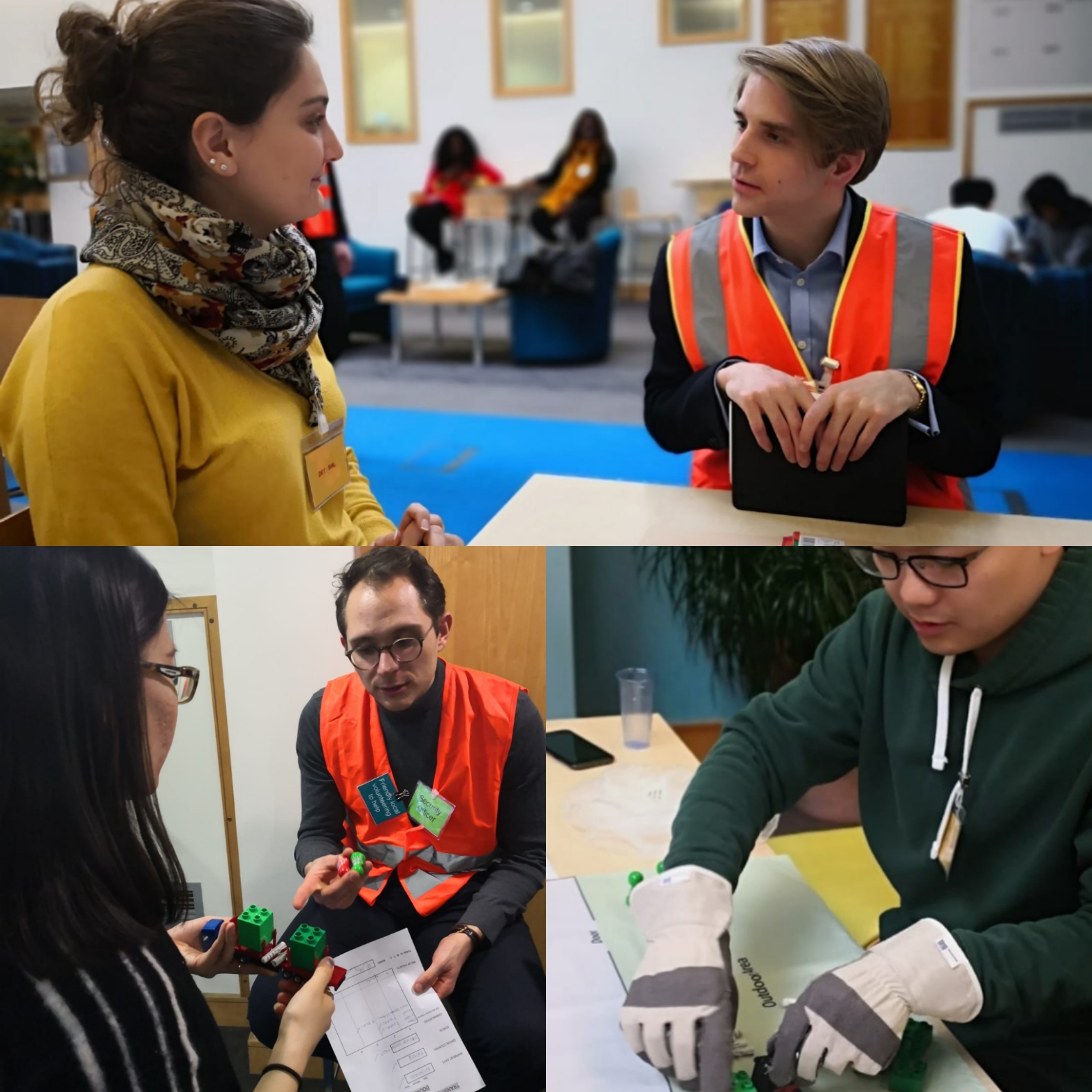
Dealing with journalists, security at customs and making sure that safety procedures at warehouse are followed! You would assume that everybody is contributing to run the process quickly and smoothly. But, in the real life, it is not always the case!
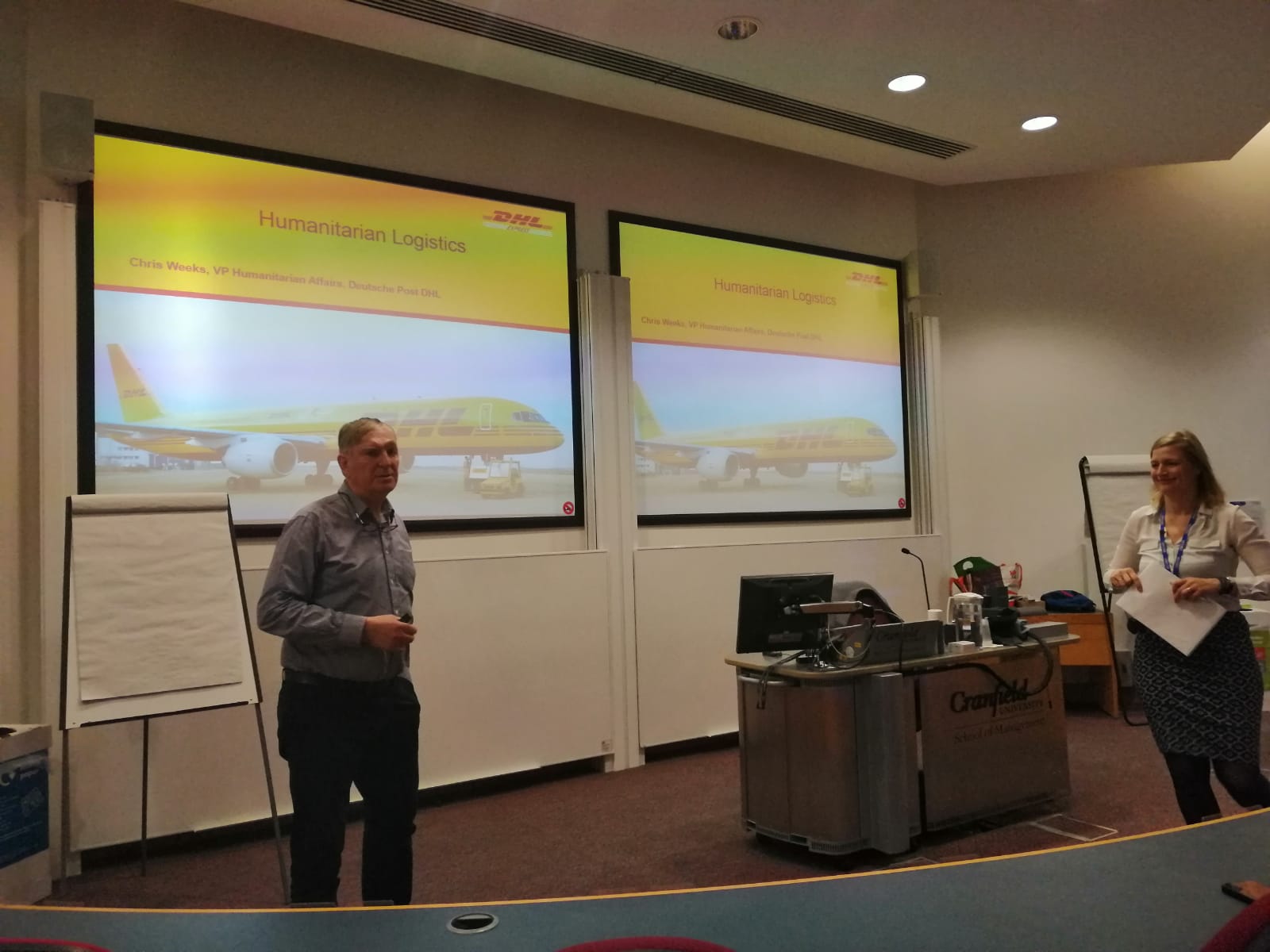
Chris Weeks sharing his knowledge and inspiring experience in the field!
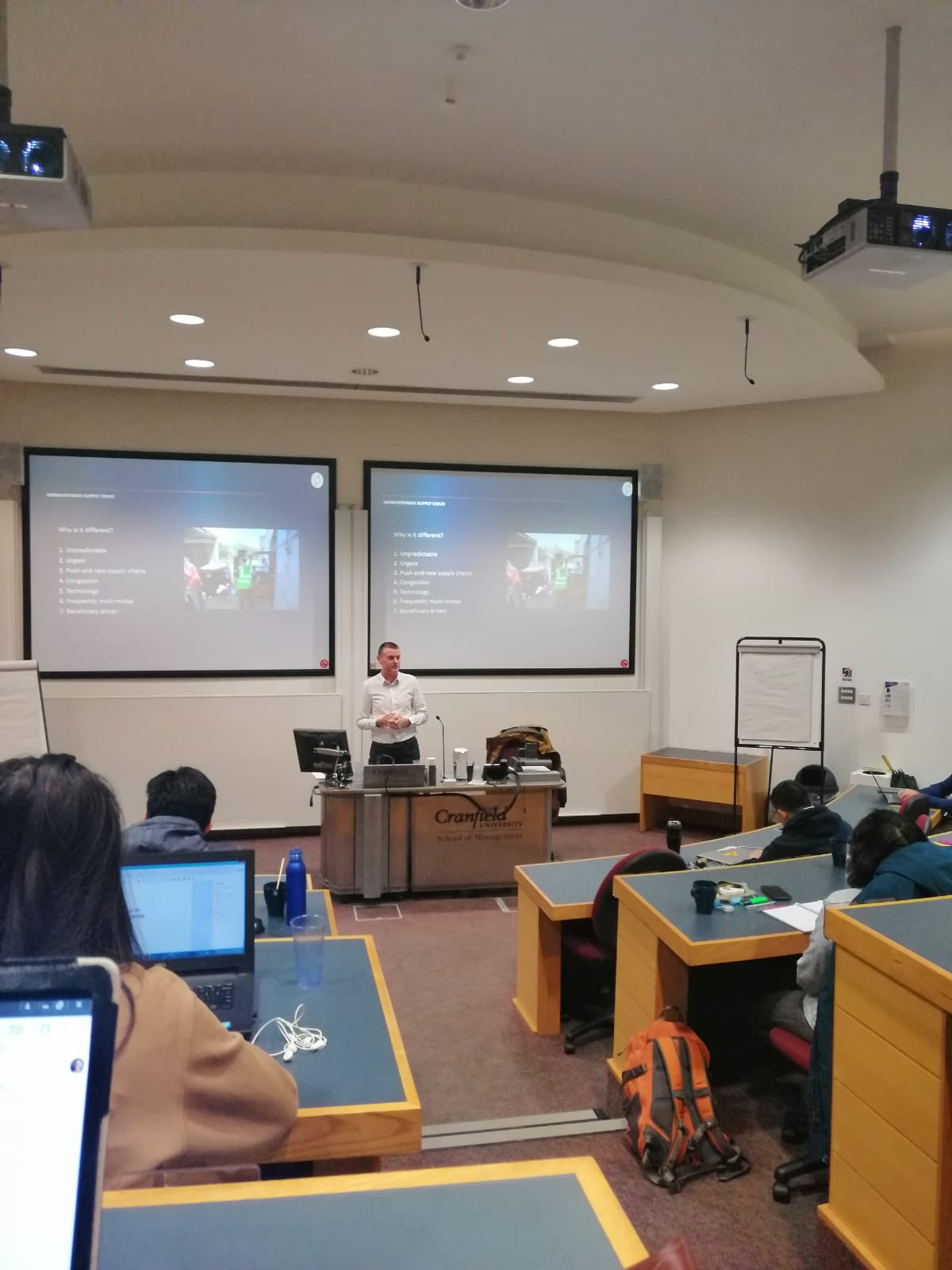
David Quinn taking us through the rapid response for both natural and man-made disasters!
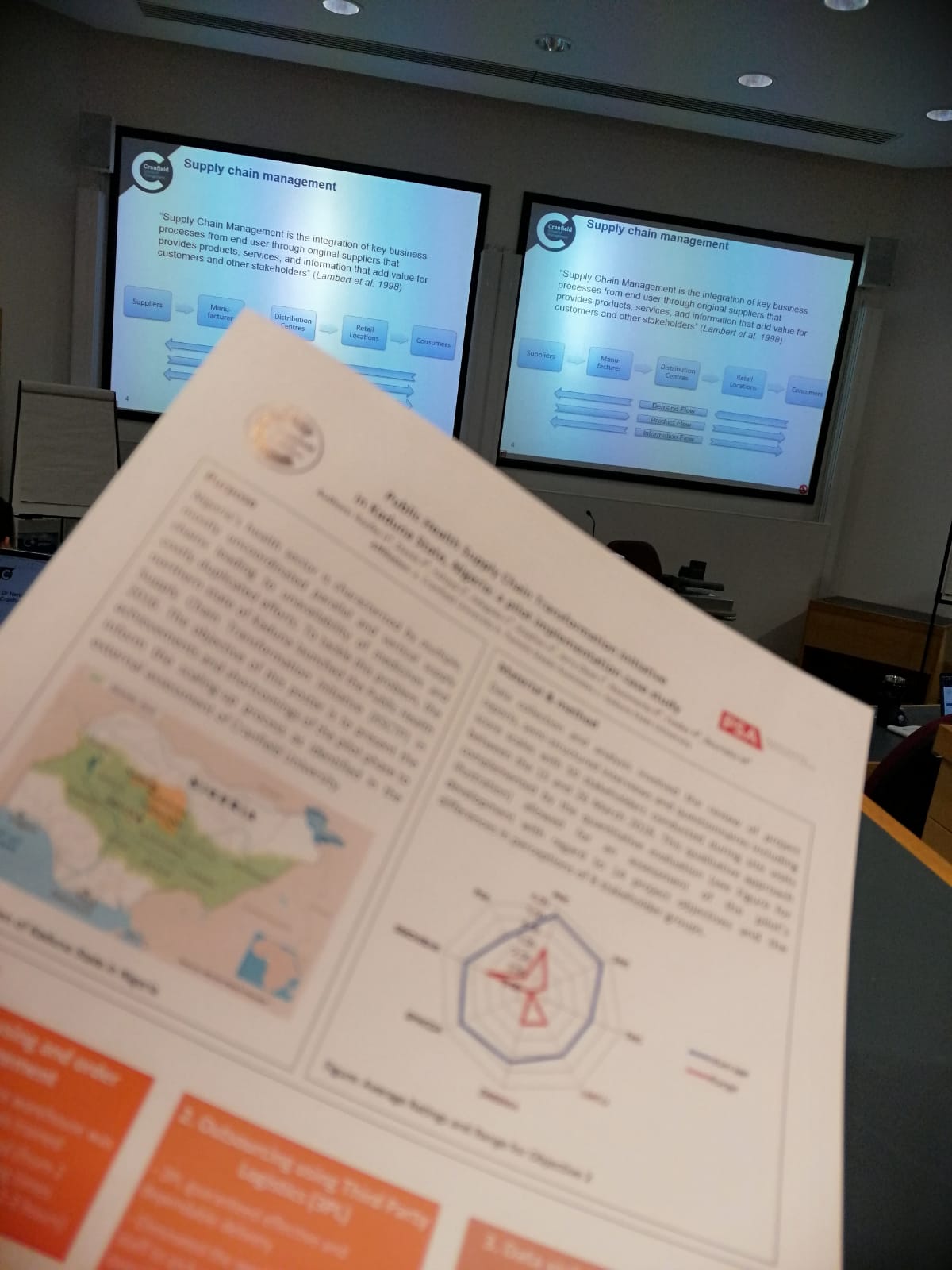
Hendrik Reefke sharing insights on the research in Nigeria Public Healthcare he has been involved in!
Categories & Tags:
Leave a comment on this post:
You might also like…
Keren Tuv: My Cranfield experience studying Renewable Energy
Hello, my name is Keren, I am from London, UK, and I am studying Renewable Energy MSc. My journey to discovering Cranfield University began when I first decided to return to academia to pursue ...
3D Metal Manufacturing in space: A look into the future
David Rico Sierra, Research Fellow in Additive Manufacturing, was recently involved in an exciting project to manufacture parts using 3D printers in space. Here he reflects on his time working with Airbus in Toulouse… ...
A Legacy of Courage: From India to Britain, Three Generations Find Their Home
My story begins with my grandfather, who plucked up the courage to travel aboard at the age of 22 and start a new life in the UK. I don’t think he would have thought that ...
Cranfield to JLR: mastering mechatronics for a dream career
My name is Jerin Tom, and in 2023 I graduated from Cranfield with an MSc in Automotive Mechatronics. Originally from India, I've always been fascinated by the world of automobiles. Why Cranfield and the ...
Bringing the vision of advanced air mobility closer to reality
Experts at Cranfield University led by Professor Antonios Tsourdos, Head of the Autonomous and Cyber-Physical Systems Centre, are part of the Air Mobility Ecosystem Consortium (AMEC), which aims to demonstrate the commercial and operational ...
Using grey literature in your research: A short guide
As you research and write your thesis, you might come across, or be looking for, ‘grey literature’. This is quite simply material that is either unpublished, or published but not in a commercial form. Types ...






